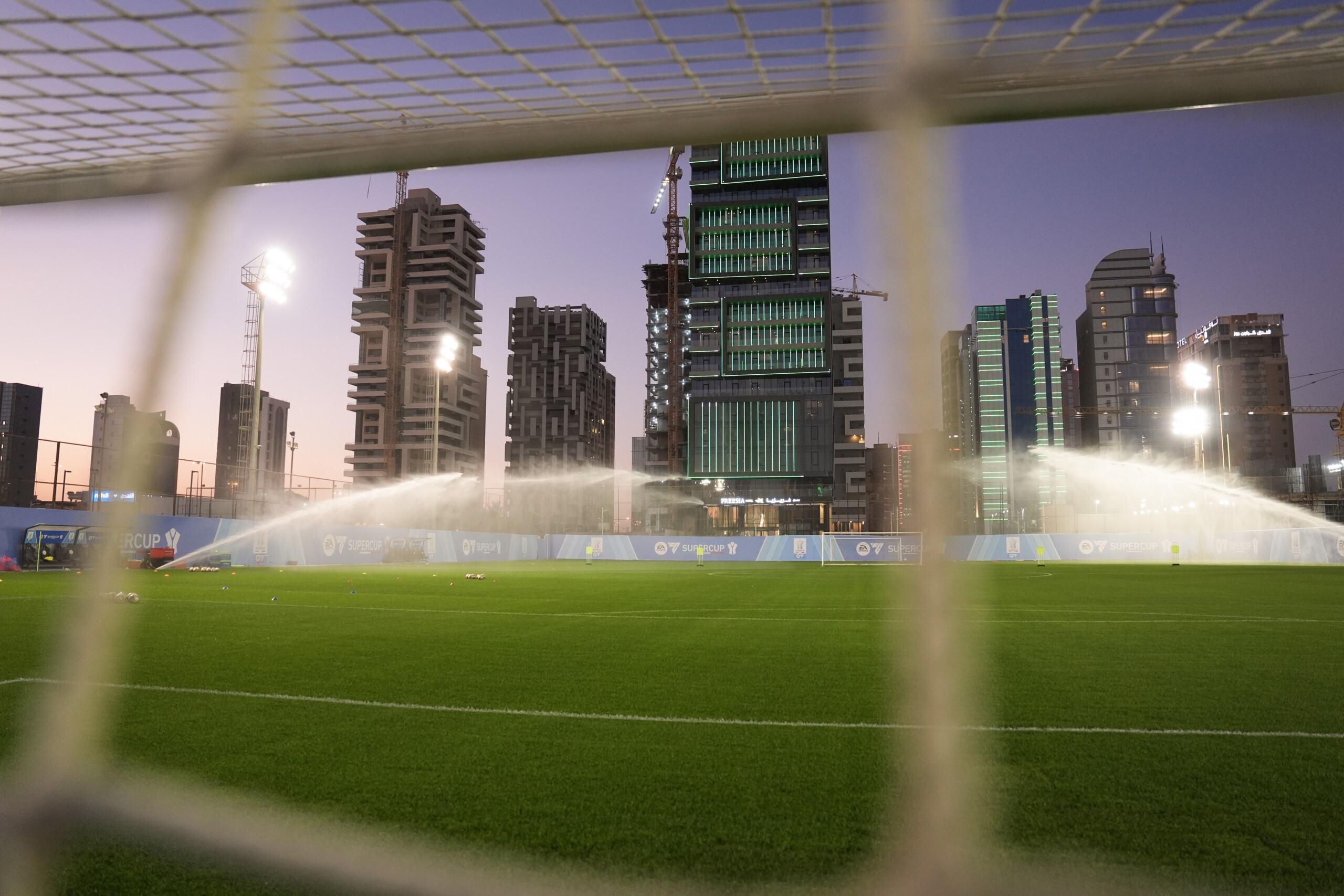Milan, Jan. 2 (LaPresse) – "From today until January 6, the Italian football Super Cup will take place. Unlike the assignment of the 2034 World Cup to Saudi Arabia, the start of the Italian tournament does not provoke particular outrage." This is stated in a note from Amnesty Italia ahead of the Italian Super Cup scheduled in Saudi Arabia. "Yet Saudi Arabia's goal, like that of other states in the region such as the United Arab Emirates, Qatar, and Bahrain, remains the same: to use sports, particularly football, as a tool of foreign policy to promote their positive image and overshadow the rest—namely, their terrible human rights situation," said Riccardo Noury, spokesperson for Amnesty International Italia. As the organization points out, this is not just a future issue regarding the 2034 World Cup, which Amnesty International and ten other human rights organizations have already denounced as closely tied to the construction of stadiums and related facilities (training camps, accommodations for sports delegations, hotels, infrastructure, etc.), including the widespread exploitation of migrant labor and the inability to file complaints. "The current state of human rights violations, which affects those living in Saudi Arabia daily, is terrifying. By the end of 2024, the number of executions reached a horrifying new record, exceeding 300 hangings. The human rights movement has been silenced for years: all human rights defenders are in prison. Discrimination against women, while not as brutal as in past decades, remains systematic due to the male guardianship system. Simply expressing a critique on social media or supporting a human rights cause—such as in the cases of Manahel al-Otaibi and Salma al-Shehab—results in decades-long prison sentences," the Amnesty note reads. "All of this, unfortunately, no longer provokes indignation. The times when the decision to play the Italian Super Cup in a country whose leader has been accused of ordering the assassination of dissident journalist Jamal Khashoggi was questioned are long gone," Noury concluded.
© Copyright LaPresse


